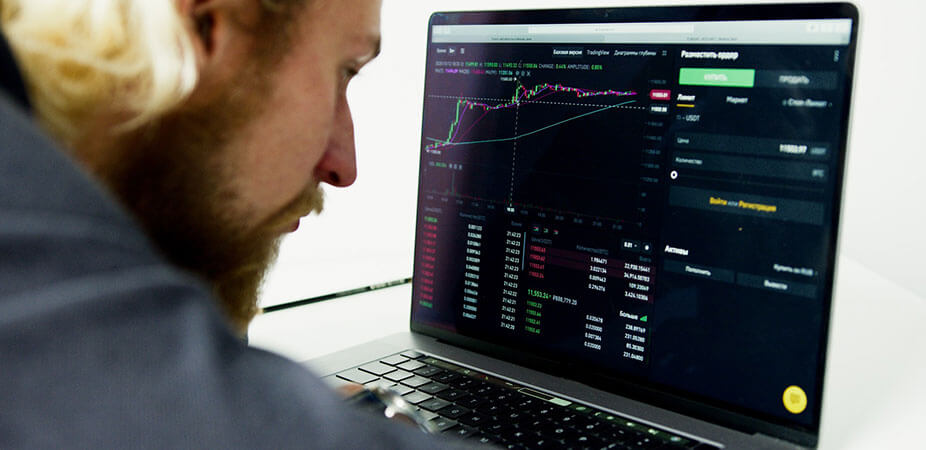
Many Forex brokers advertise themselves as ECN brokers. ECN is an automated system that matches buy and sell orders for a variety of different investment vehicles. An ECN connects major brokerages and individual traders so that they can trade directly between themselves without going through a middleman. An ECN eliminates the third party’s role in executing orders entered by an exchange market maker or an over-the-counter market maker. ECNs make it possible for investors in different geographic locations to quickly and easily trade with each other.
Market Makers
What is the difference between an ECN and a market maker? Market makers "make" or set both the bid and the ask prices on their systems and publicly display them on their quote screens. They are ready to make transactions at these prices with their customers be they banks or retail Forex traders. In doing this, market makers provide some liquidity to the market. As counterparties to each Forex transaction in terms of pricing, market makers take the opposite side of your trade. In other words, whenever you sell, they must buy from you, and vice versa.
Market makers are in the position to manipulate spreads artificially for their own gain. They make money off the actual spread between the buying and selling price. ECN brokers, on the other hand, usually charge a commission for each transaction but do not make money off the bid-ask spread, putting them in a position of not having to manipulate spreads.
ECN Brokers
ECNs display the best available bid and ask quotes from multiple market participants, then automatically match and execute orders. ECN brokers facilitate trading on major exchanges during market hours as well as after-hours trading. ECNs allow for automated trading, passive order matching and speedy execution. Orders placed through ECNs are usually limit orders.
ECNs pass on prices from multiple market participants, such as banks and market makers, as well as other traders connected to the ECN, and present the best bid/ask quotes based on these prices. Similar to market makers, ECN brokers also serve as counterparties to Forex transactions, but they operate on a settlement, rather than pricing basis. Unlike fixed spreads, which are offered by some market makers, spreads of currency pairs vary on ECNs depending on the pair's trading activities.

Just like with market makers, there are also two main kinds of ECNs–retail and institutional. Institutional ECNs report the best bid/ask from many institutional market makers such as banks to other banks and institutions such as hedge funds or large corporations. Retail ECNs,
on the other hand, offer quotes from only a few banks and traders on the ECN to the retail trader.
Your trading performance can be significantly impacted by the type of broker you choose to place your trades through. If a broker does not execute your trades in a timely fashion and at the price you want, a potential good trading opportunity can be lost. Before deciding on a broker, it is therefore very important to carefully weigh the pros and cons of each broker and choose the one that best suits your personality and trading psychology.



